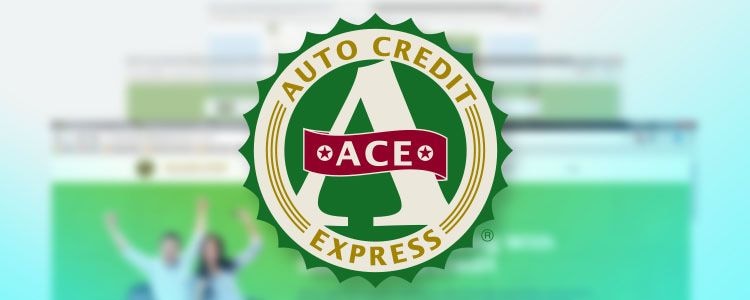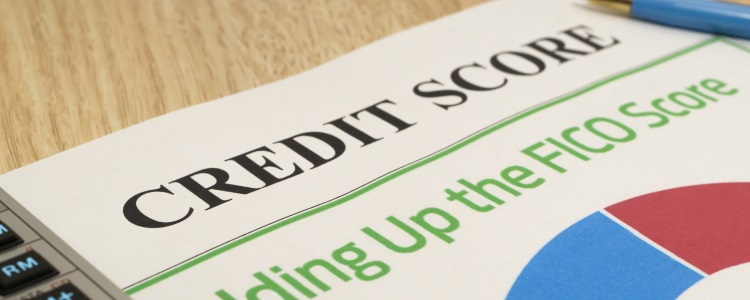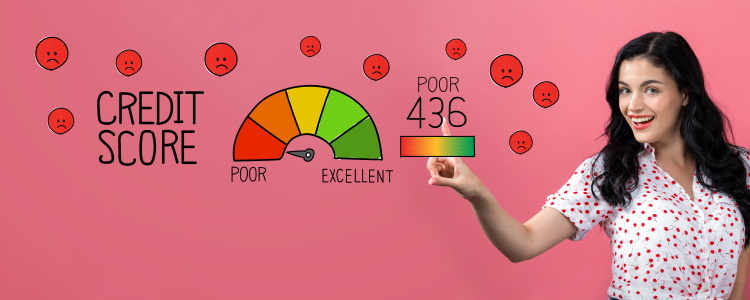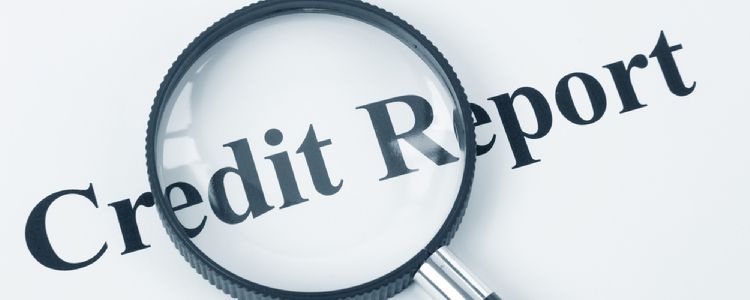Your finances and your credit go hand in hand. When your finances are in order, you put yourself in the best position to succeed in the realm of credit. And when your credit is in good shape, your finances can become all the easier to manage. Unfortunately, when either your credit or your finances are in disarray, things can get out of hand fast.
Your credit can get in rough shape in a number of ways, from the mismanagement of personal finances to unforeseen incidents like a sudden job loss. But regardless of how your bad credit came about, it will have the same negative consequences. The "why" you have poor credit is not important; it's how you are going to fix it that matters.
You need to be dedicated if you want to fix your personal finances and/or your credit. These tips can help you accomplish both of these goals.
You Need a Strong Budget
Your budget is the most powerful personal finance tool you can utilize. It's the natural starting point for anybody trying to reach their financial goals. An accurate budget puts you in control of your spending and allows you to plan strategically.
There's no secret sauce or magic behind successful budgeting. It simply requires honesty and accuracy about what you make and what you spend, mapping out where your money is going, and the discipline to stick to it.
A popular budgeting method is the 50-20-30 rule. This budget suggests that 50 percent of your income be allocated toward essentials, 20 percent for savings and debt reduction, and 30 percent for discretionary spending.

- 50% for Essential Expenses - These are the necessary expenses in life that everybody needs: housing, transportation, utilities, and food/groceries.
- 20% for Financial Priorities - Budgeting is not about simply allocating your paycheck for today's needs, you also need to be planning for the future. In addition to paying off debt, 20 percent of your income should be used to build your savings. This can include creating an emergency fund, putting aside money for college for your kids, and planning for retirement.
- 30% for Discretionary Spending - The rest is all about allocating your discretionary income on what you want. This category spans just about every dollar you spend that's not going toward essentials, savings or debt reduction. Think things like cable, your cell phone plan, entertainment, hobbies, personal care, clothes, etc.
You don't have to strictly follow the 50-20-30 budget, but it makes for a great example. You can adjust it and tweak it to meet your needs.
Monitor Your Credit
If you want to better manage your credit, you need to be proactive about monitoring it. Luckily, you are entitled to a free copy of your credit report from each of the three major credit bureaus (Equifax, Experian, and TransUnion) in the U.S. once every 12 months. These can be requested at www.annualcreditreport.com.
Your credit reports contain information about you, all of your current and past credit accounts, public records, adverse accounts, and inquiries. Unfortunately, it's all too common for inaccurate information to make its way onto them.
The good news is that errors and inaccuracies can be formally disputed and removed. So, you are going to want to periodically check your reports for any mistakes or signs of identity theft. Even if you don’t find any errors, it's good practice to regularly review your reports and monitor your credit score. This helps you gain a better understanding of your credit and makes you better equipped to change it for the better.
Pay Down Debts and Practice Responsible Credit Use
Now comes the actual building of your credit. The two easiest ways to do that are paying down debts and never missing another payment. "Payment history" and "amounts owed" are the two biggest factors that make up your credit score.
You'll want to reduce balances on your credit cards, pay off old debts, and get current on any late accounts. When you are using more than 30% of your available credit limits, it's holding back your credit score. Make it a goal to get credit card balances below that level.
Many personal finance experts recommend that you handle the debt with the highest interest rates first. However, some studies have shown that paying off smaller amounts can give you the confidence and momentum needed to take on the larger debts.
All the while, you need to make sure that you never miss a payment on any account you have. It doesn't matter if it's for credit cards, loans, cable, your cell phone, or whatever else. Late payments are credit score killers, so make sure you pay on time and in full every month.
It takes credit to build good credit, so, if you don't have any, you will probably need to open a credit account or two if you want to improve your score. If you have bad credit, a secured credit card is a good place to start.
The Bottom Line
These simple acts—budgeting, removing errors, paying down debts, and paying bills on time—are typically all it takes to improve your credit situation and get your finances back on track. But it's up to you to make it happen.
Another way to build credit is through an auto loan. If you have bad credit and need a car, Auto Credit Express can help you find a solution. We connect car buyers to local dealerships that know how to work with people in unique situations. Plus, our service is free and it doesn’t put you under any obligation. You can begin the process right now by filling out our car loan request form.



















